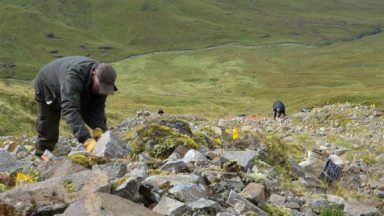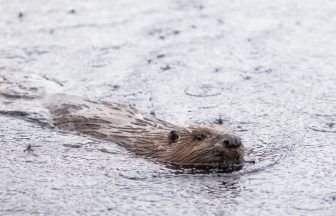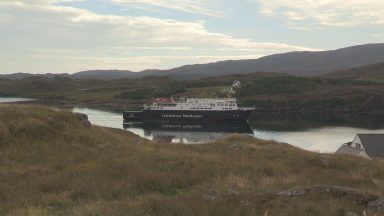A project to protect one of Scotland’s rarest and most secretive birds is being launched.
Corncrakes were once widespread across the country until populations fell dramatically with the intensification of farming.
The birds are now red-listed – which is the highest level of conservation concern – and are confined to a few Scottish islands and isolated areas on the north-west coast.
RSPB Scotland’s £738,000 Corncrake Calling project is to work with farmers, crofters and local communities on land management in an effort to boost numbers.
Anne McCall, charity director, said: “Scotland plays host to almost the entire UK corncrake population, meaning we are uniquely placed to help this rare and protected species.
“The work done by communities to provide corncrakes with the habitat they need is a conservation success story.
“Research has shown that nature-friendly farming backed up by science has made a real difference.”

Populations of the species – which has a distinctive “crex-crex” song – fell dramatically during the 1900s due to mechanisation and earlier mowing of grass crops.
They bred only in the Hebrides, north-west Highlands and Orkney by the 1990s.
Action by the RSPB, other conservation charities and government resulted in a significant increase in corncrakes between 1993 and 2007.
The UK population fluctuated at just over 1000 calling males until 2017 when only 866 were recorded, a drop of 33% since 2014 and the lowest number since 2003.
Numbers recovered slightly in 2018 with 899 males recorded but decreased again in 2019 to 870.
RSPB Scotland’s project – backed by National Lottery Heritage funding – will aim to provide corncrake-friendly habitats.
High, grassy vegetation is perfect for concealing their nests and chicks, so cutting fields late in the summer and from the centre out allows flightless youngsters to escape.
The long-term aim is to build on successful cooperation with the crofting and farming communities to protect and improve on the advances made across the key breeding areas in Argyll and Bute, the Hebrides, north Highlands and Orkney.
Follow STV News on WhatsApp
Scan the QR code on your mobile device for all the latest news from around the country



























